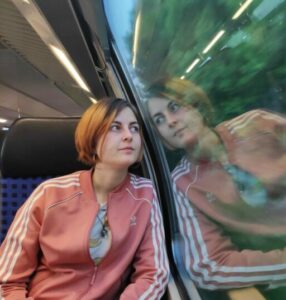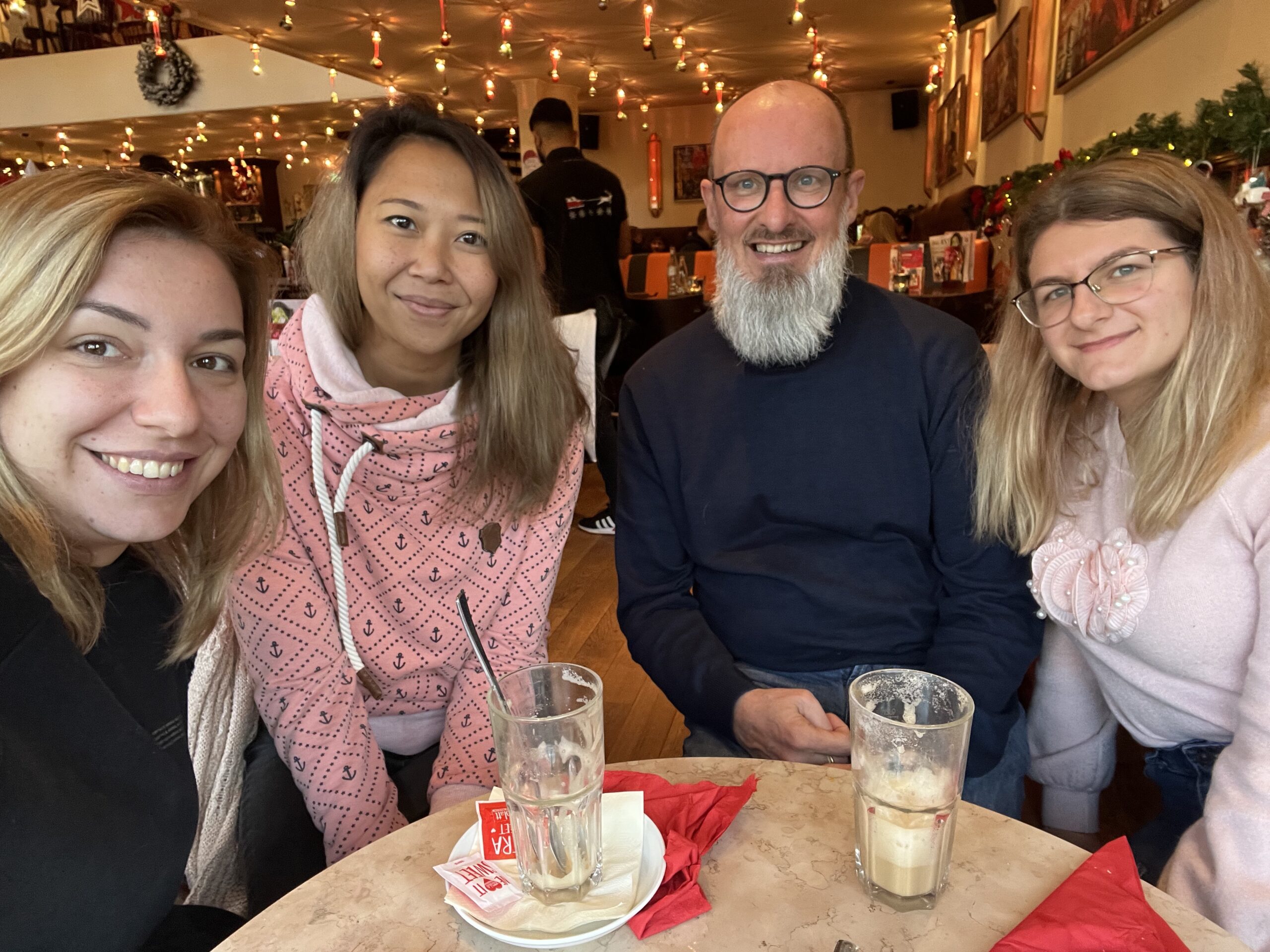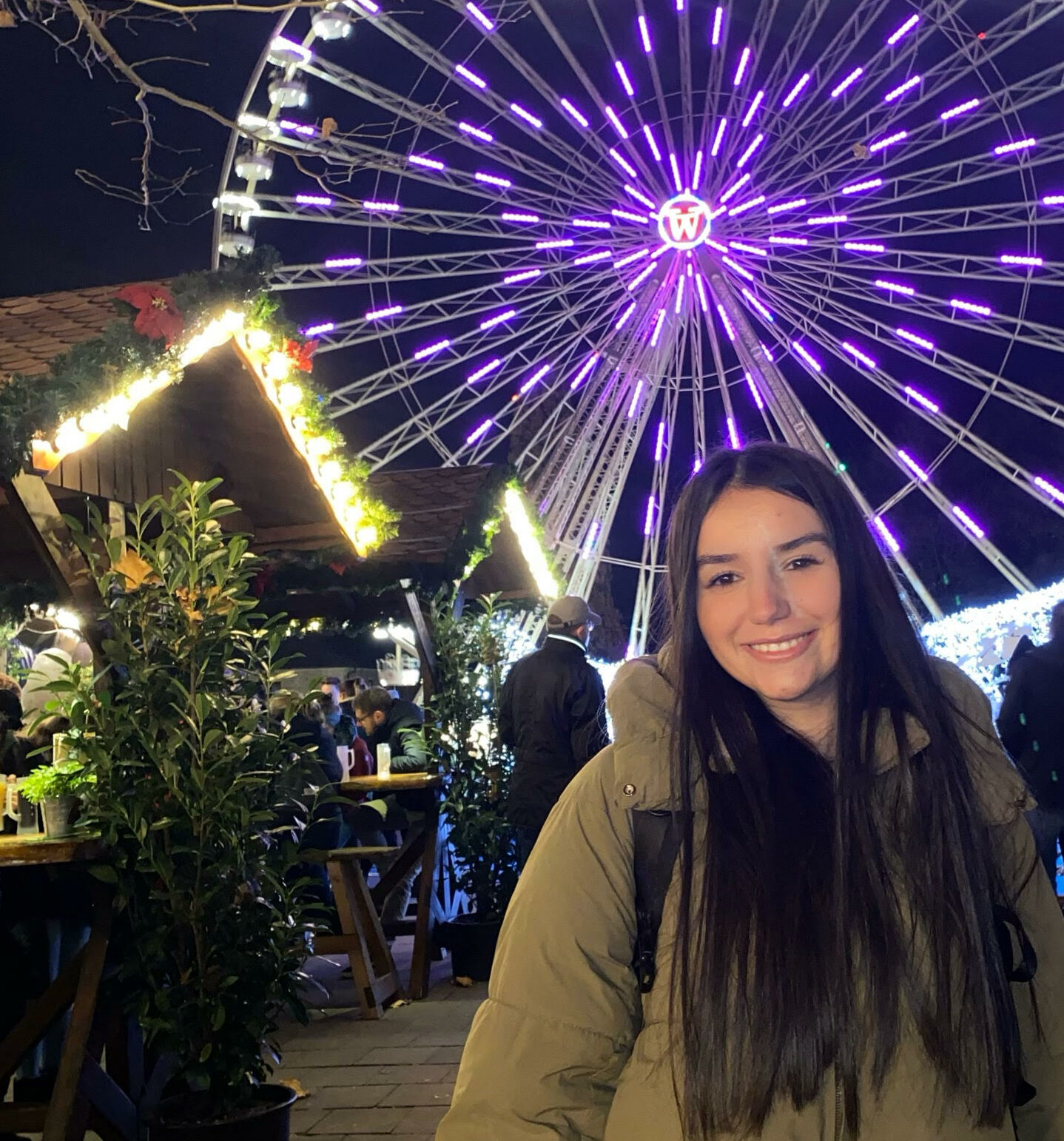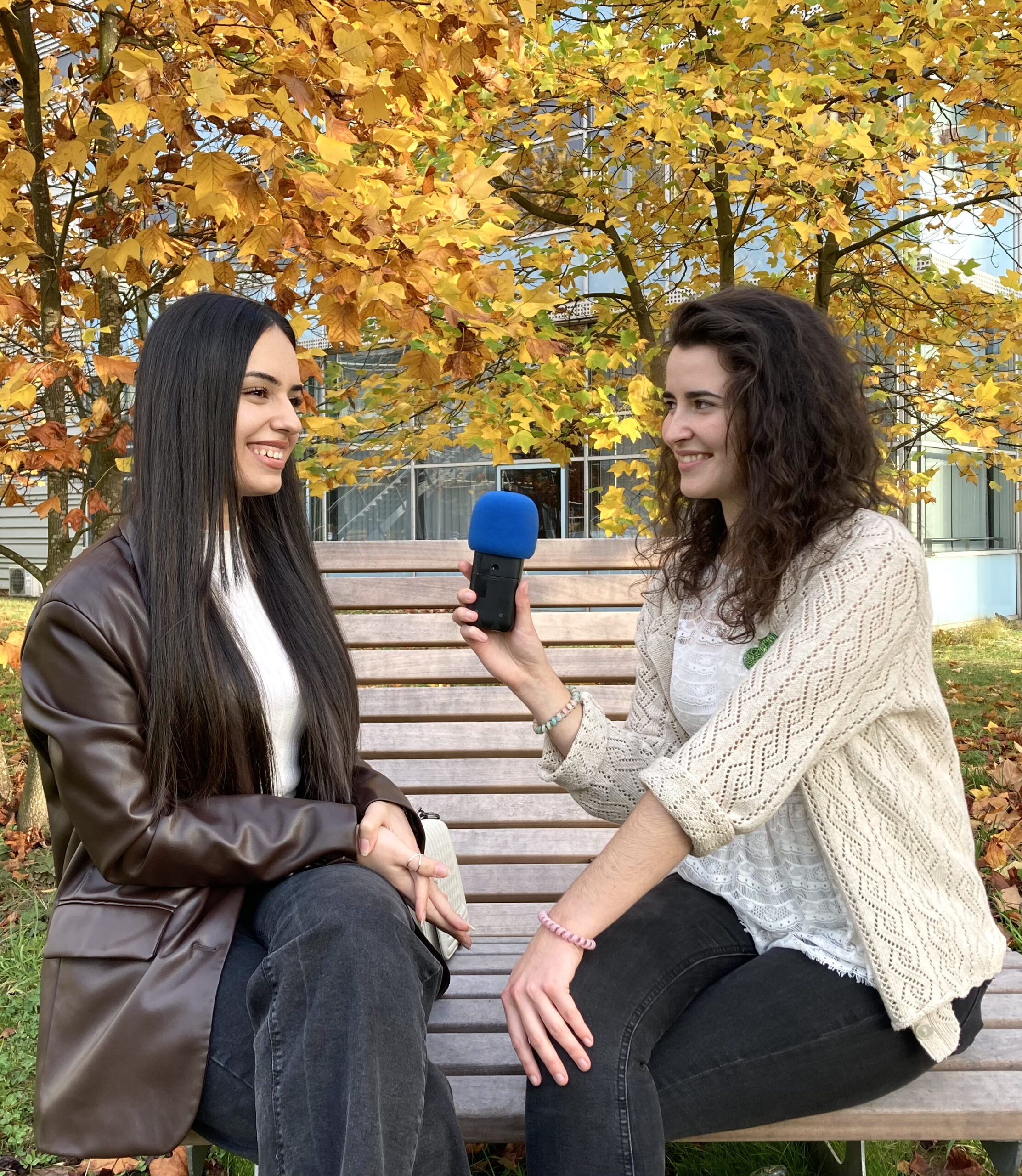
Hello dear listeners and welcome to show 295 of our podcast “Absolutely Intercultural”. Today, we are going to talk about “Abortion”, which is a subject that touches deeply personal beliefs, cultural values, and societal norms. It is a topic that produces strong feelings and controversies, informed by very diverse factors from personal experiences to religious beliefs, legal aspects, and more. Our goal today is definitely not to favour one perspective over another, but to offer a platform for a range of very different voices to share diverse thoughts and perceptions.
absolutely my choice
In our first interview, a Moroccan student will share her friend’s story who faced severe challenges after marrying and becoming pregnant. Her friend’s husband was an alcoholic, and his addiction created a very unstable and toxic environment, affecting her friend both, emotionally and physically. Diogo asked her how abortion is generally perceived in her home country, Morocco.
absolutely personal
In our second category, Ada supports pro-choice policies and thinks that women should have control over their bodies. However, personally, she would never have an abortion. Oljana asked her to explain to us the context of her home country Albania, where abortion has been legal since the dictatorship ended in 1990.
absolutely pro-life
In our last story, we will listen to Edmond who is generally against abortion, believing it should only be considered when the woman’s life is in danger. This belief is rooted in his personal values and his own experiences. He will share a personal story from his own life where his pregnant wife was in serious danger.
What about you? What are your personal beliefs or values and how do cultural, religious, or societal influences shape the way you perceive abortion? Have you or someone you know ever faced a decision like that? We would actually love to hear from people who completely reject the whole idea of abortion but could not find anyone in our bubble! Get in touch, feel free to share your unique story with us here on this podcast.
Write a comment or mail us, we could do a follow-up interview with you in one of our next shows. On our web page, absolutely-intercultural.com, you can get more information about this show and previous episodes, and you can leave comments. And if you enjoyed the show, please like us on Facebook too.
By the way, did you know we are also on iTunes, Apple Podcasts and Spotify? You can subscribe to us there for free and give us a rating and a comment.
Our next show will be coming to you from Anne Fox in Denmark on 5th July.
Until then – try to imagine how you would decide in the situations which were described by our guests today. And –
Bleiben Sie absolut interkulturell!
The host of this show is: Dr. Laurent Borgmann
Chief Editor: Sebastian Berg
Assistant Editors: Oljana Haskja, Fikret Küey and Diogo Vital Maia

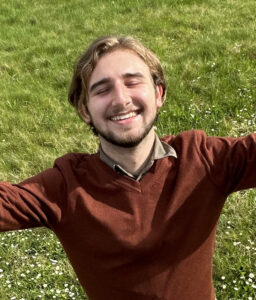
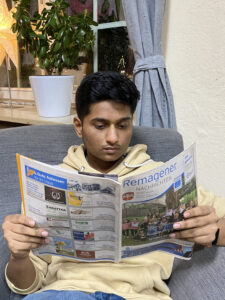
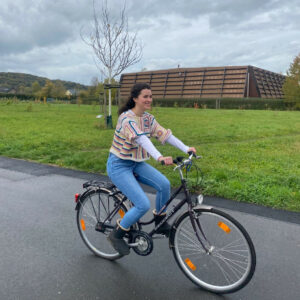
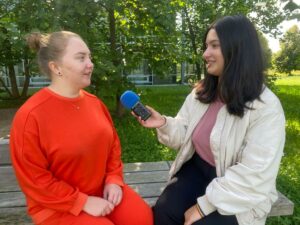
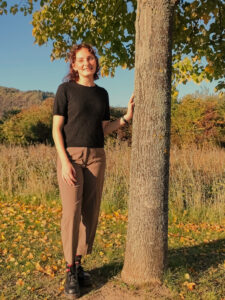 Hello dear listeners and welcome to show 279 of our podcast “Absolutely Intercultural”. Today, we are going to talk about the “Green Culture”, about being eco-friendly, about the culture of environmental sustainability – or whatever words you use to describe this phenomenon. Today, we are shedding some light on the Green Culture that is getting more and more popular all over the world. From our guests, we will learn that the green culture has many different practices and approaches, from saving water to reflecting on your wardrobe. We will also hear what motivates people to join the green movement, whether it is a love for animals or for the planet or simply a wish to save some money.
Hello dear listeners and welcome to show 279 of our podcast “Absolutely Intercultural”. Today, we are going to talk about the “Green Culture”, about being eco-friendly, about the culture of environmental sustainability – or whatever words you use to describe this phenomenon. Today, we are shedding some light on the Green Culture that is getting more and more popular all over the world. From our guests, we will learn that the green culture has many different practices and approaches, from saving water to reflecting on your wardrobe. We will also hear what motivates people to join the green movement, whether it is a love for animals or for the planet or simply a wish to save some money.